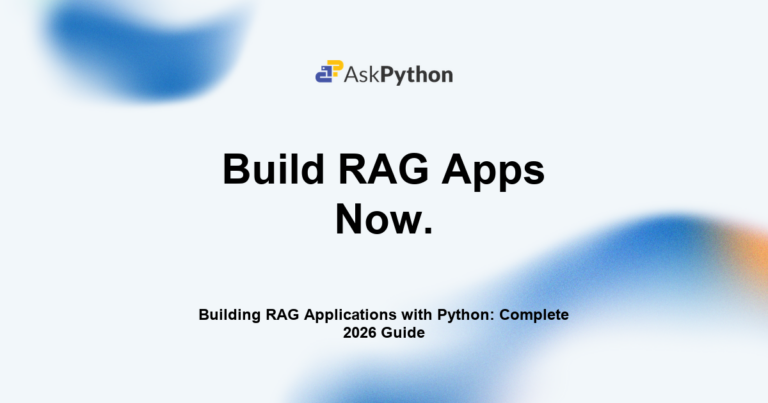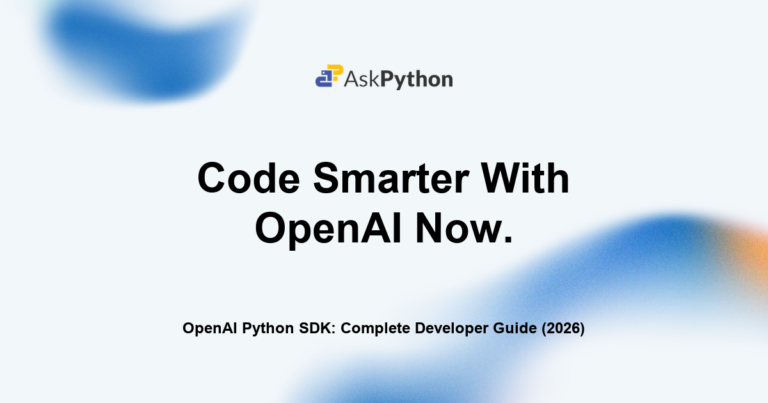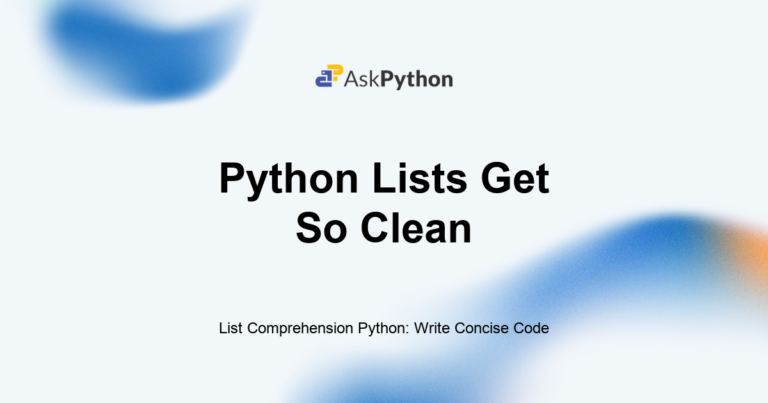In this article, we’ll compare Python vs Julia. Julia programming developed by MIT has come out as one of the top languages that may go on to replace Python in the long run. Though Julia developers strongly believe that Julia and Python go hand in hand, we try to explore why Julia can a potential replacement for Python. We’ll explore their features and shortcomings.
Python vs Julia – Quick Overview
Both Python vs Julia are Open-Source languages, they are dynamically typed and have a syntax that highly resembles our natural language. The current stable version of Julia is 1.5.4 and python is 3.9.2.
| Python | Julia | |
| Developed by | Python Software Foundation | MIT |
| Interpreted/ Compiled | Interpreted | Compiled |
| Speed | Slow | Fast |
| Paradigm | OOP, POP and Functional | Functional |
| Type System | Dynamically Typed | Dynamically Typed |
| Library support | Rich and matured library support | Actively developed libraries |
| Company using the language | Google, Facebook, Spotify, Quora, Netflix, Reddit etc. | Amazon, Apple, Disney, Ford, Google, NASA etc. |
| Devlopment | Matured ( v3.9.2 ) | Actively Developed (v1.5.4) |
Speed
One of the very things that makes this article relevant is the speed of Julia. Here is a benchmark demonstrating the speed of Julia :

The main reason for this speed is the Julia JIT compiler which is based on LLVM. The compiler makes many high-level abstractions and optimizations to make Julia this fast. Julia solves the two program problem, and most of Julia and its libraries are written in Julia itself. Python on the other hand is interpreted and slower, making it inconvenient for large computations.
There are libraries in python such as Numba and Jax which allows the use of the JIT compiler for fast computations, but these are very application-specific.
Paradigm
Julia supports functional programming with out of the box support for Type hierarchy. Python allows us to be more flexible about how we solve our program. Python supports Functional, Object-Oriented and Procedural-Oriented Programming.
Code-Reusability
One of the most important factors of Julia is code re-usability. Code re-usability is also one of the main features of Object-Oriented Programming, but it turns out Julia’s type system and multiple-dispatch are more effective for code re-usability.
Library Support
Python has huge library support. Everything that you might want to do might be available as a library. From making Discord bots to approximating spline interpolations, everything is available and ope-sourced. Python has been there for more than 30 years, so most of these libraries are matured. Few popular libraries/frameworks in python are SciPy, Django, TensorFlow, Pandas, etc.
Julia also offers huge library support, mainly inclined to scientific research. These libraries are being developed at a large pace, and every day new libraries are being developed. Most of them have not yet reached the v1.0 mark, so it is implicit you might experience some bugs. But these libraries do what they do best and some are very unique to Julia itself. Some of the very popular Julia libraries are Flux, Pluto, DifferentialEquations, JuMP, etc.
Community
Python is a very popular language (Top 3 in 2021). It has large community support with people from all backgrounds coming up with various ways to help and uphold the community. The international community for the Python programming language holds several conferences (PyCons) each year. PyCons are hosted all around the world, mostly organized by volunteers from local Python communities. You can expect to find people ranging from software developers to researchers to students in such community events.
Julia is also a very inclusive community, with people from all backgrounds. Julia is still climbing up the popularity ladder so you cannot expect such a huge community as python but is surely a supportive one.
Julia’s support for other languages
Julia allows users to call their code written in C, python, R etc. to be called directly from Julia. This means you don’t need to convert all your code to Julia but instead call them by using Julia libraries.
Conclusion
Python vs Julia come with their own set of advantages and disadvantages. Julia is still very young and carries huge potential. Comparatively, Python is a crazy popular language and if you face any difficulties, you’re bound to find someone who has solved that issue before! The choice is always yours! If you’re someone who enjoys exploring new programming languages, Julia can be one you can explore.



